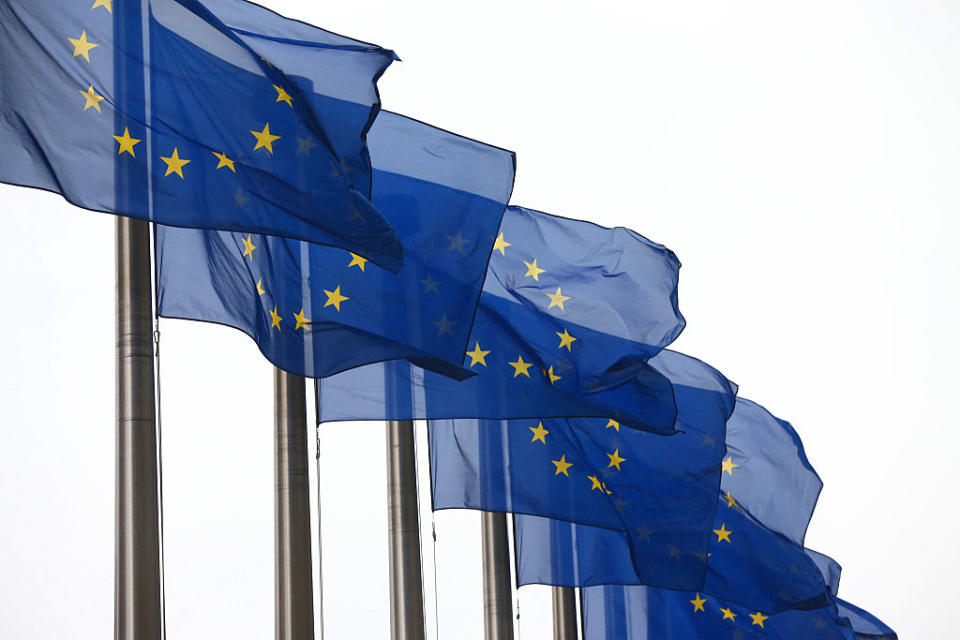

Investors will be looking at how big European banks grapple with a likely peak in interest rates and an uncertain economic picture when they start to report full-year results this week.
Spanish giants BBVA and Santander will release their earnings on Tuesday and Wednesday respectively, while Germany’s Deutsche Bank and French BNP Paribas will report on Thursday.
Italy-based Unicredit will report results next Monday, followed by Switzerland’s UBS next Tuesday.
The sector has had a strong start to 2024, with the Stoxx 600 banks index hitting its highest level in more than five years this month.
Higher interest rates have driven up banks’ profits and boosted dividend payments.
However, the party looks to be coming to an end as higher-for-longer rates bite and the economy teeters on the brink of recession.
S&P Global Ratings credit analyst Nicolas Charnay said the outlook for European banks remained steady amid expectations of a “soft landing of the economy”.
However, he expected profits to be flat to slightly lower for most banks in 2024 “as they adjust to higher borrowing and input costs and restrained consumer demands”.
S&P flagged that a “harder” landing was still possible and could weaken some credit portfolios.
Markets have priced in 150 basis points of interest rate cuts from the European Central Bank over the next 12 months, compared with just 50 basis points three months ago.
Analysts at JP Morgan warned that lower rates would trigger a sector-wide “downgrade cycle”, with banks’ estimated 22 per cent growth net interest income in 2023 expected to fall.
“Slashed eurozone interest rate expectations are set to bring a halt to the two-year net interest income upgrade cycle for European banks,” Philip Richards, a senior analyst at Bloomberg Intelligence, told City A.M.
“The severity of downgrades may dominate Q4 earnings, pitting squeezed UK bank margin (for Barclays, Lloyds and Natwest) against Italian and Spanish peer resilience.”
Richards added: “As lenders continue to benefit from the reversal of provisions incurred during the pandemic, Q4 impairments may remain benign, but rising charges from H2 appear likely.”
Investors will be looking at how more diversified firms like BNP Paribas, Deutsche and UBS fare in their investment banking businesses.
Wall Street banks earlier this month reported declining investment banking revenues year-on-year in the fourth quarter amid a slowdown in dealmaking.
Analysts at Barclays predicted Europe’s numbers would show steady wealth management and capital markets performance, although a drop in advisory fees.





